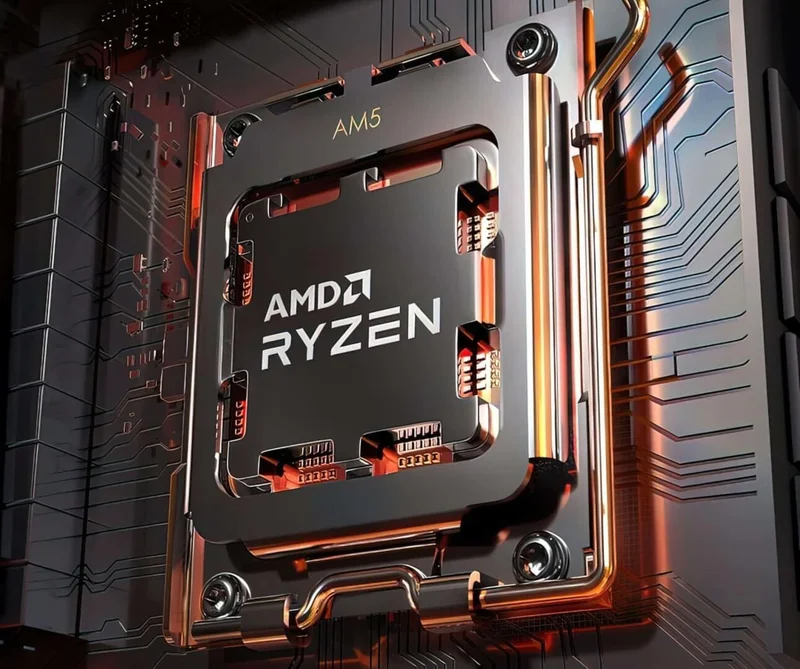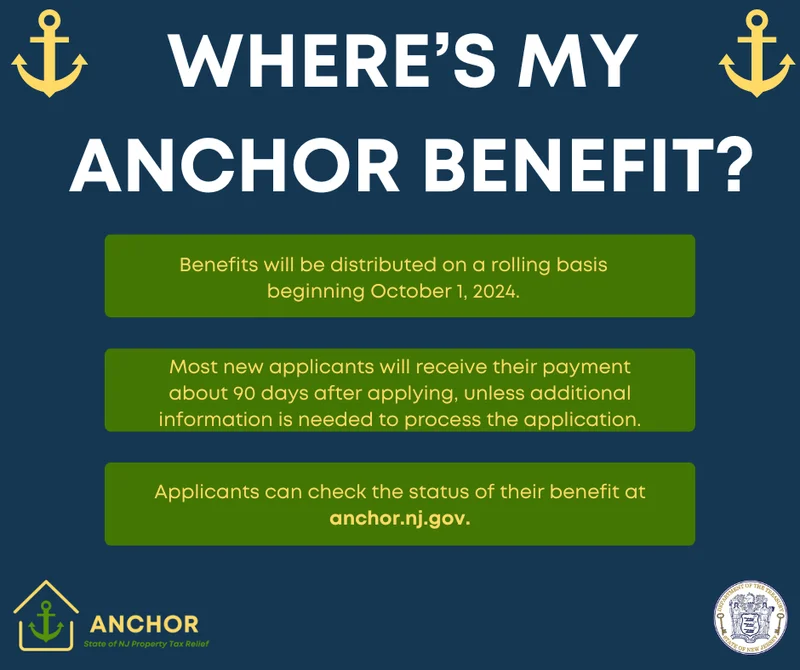AMD: What's Next and the Implications
The Dawn of Instant Understanding is Upon Us
Imagine a world without communication barriers. Not just translation, but true understanding, where nuance and intent are instantly conveyed. That's the promise – and the potential disruption – of where AI is heading, and it's coming faster than most people realize. We're not just talking about better chatbots; we're talking about a fundamental shift in how we interact with each other and the world around us.
The Leap Beyond Translation
Think about the printing press. Before Gutenberg, knowledge was locked away, accessible only to a select few. The printing press didn't just make books cheaper; it democratized information, sparking the Renaissance and the Reformation. Now, consider AI’s potential to democratize understanding. We've had machine translation for years, but it's always been clunky, missing the subtle cues that make human communication so rich. What if AI could bridge that gap, understanding not just the words but the meaning behind them?
We are on the cusp of an era where AI doesn’t just translate languages, it interprets cultures, anticipates needs, and facilitates genuine connection. Imagine doctors instantly accessing medical research in any language, diplomats negotiating with perfect clarity, or families connecting across continents without a single miscommunication. This isn't just about convenience; it's about empowerment, about breaking down the walls that divide us.
I saw a comment on Reddit the other day that really stuck with me: "Finally, I can actually understand what my grandma is trying to say in her emails." It's a simple sentiment, but it speaks volumes. It's about connection, about bridging generational divides, about making everyone feel heard.

But here's the thing: true understanding goes beyond words. It involves recognizing emotions, understanding cultural contexts, and anticipating unspoken needs. Can AI truly achieve that? That's the question we need to be asking.
And here’s where it gets really interesting: AI could soon understand you better than you understand yourself. It’s a wild thought, I know, but consider the possibilities. Imagine an AI personal assistant that anticipates your needs before you even realize them, that understands your moods and adjusts its communication style accordingly. It's like having a mind-reading confidant, but with access to the entire sum of human knowledge.
Of course, this raises some serious ethical questions. If AI can understand us so well, what's to stop it from manipulating us? How do we ensure that this technology is used for good, not for exploitation? These are the conversations we need to be having now, before this technology becomes fully integrated into our lives.
The Future is a Symphony of Understanding
This isn't just about technology; it's about humanity. It's about creating a world where everyone has a voice, where everyone feels understood, where everyone has the opportunity to connect with others, regardless of language or background. When I first started researching AI, I was driven by the sheer thrill of the possibilities. Now, I'm driven by something even more profound: the potential to build a more connected, compassionate, and understanding world. What if AI could unlock the best in us, fostering empathy, collaboration, and shared understanding on a global scale? That’s a future worth striving for.
-

Warren Buffett's OXY Stock Play: The Latest Drama, Buffett's Angle, and Why You Shouldn't Believe the Hype
Solet'sgetthisstraight.Occide...
-

The Great Up-Leveling: What's Happening Now and How We Step Up
Haveyoueverfeltlikeyou'redri...
-

The Business of Plasma Donation: How the Process Works and Who the Key Players Are
Theterm"plasma"suffersfromas...
-

NJ's ANCHOR Program: A Blueprint for Tax Relief, Your 2024 Payment, and What Comes Next
NewJersey'sANCHORProgramIsn't...
-

Zcash's Zombie Rally: The Price Prediction vs. What Reddit Is Saying
So,Zcashismovingagain.Mytime...
- Search
- Recently Published
-
- Blue Owl: Capital, Stock, & Private Credit Dynamics
- Switzerland: Time Zones, Major Hubs, & Key Logistical Data
- Cook County Treasurer: property taxes, bills, login, and how to pay
- Alibaba Stock: What's Driving the Price Today
- CoreWeave (CRWV): What's Driving Its Stock and Analyst Targets
- ANyONe Protocol: What it is and the real story
- Avicii: How AI is Continuing His Musical Legacy
- Bitcoin: What the Shutdown's End Means for the $112K Forecast
- The AI Debt Boom: Analyzing the Real Financial Risk
- Zcash's Historic Surge: Privacy, Potential, and What's Next
- Tag list
-
- carbon trading (2)
- Blockchain (11)
- Decentralization (5)
- Smart Contracts (4)
- Cryptocurrency (26)
- DeFi (5)
- Bitcoin (30)
- Trump (5)
- Ethereum (8)
- Pudgy Penguins (5)
- NFT (5)
- Solana (5)
- cryptocurrency (6)
- XRP (3)
- Airdrop (3)
- MicroStrategy (3)
- Stablecoin (3)
- Digital Assets (3)
- PENGU (3)
- Plasma (5)
- Zcash (7)
- Aster (4)
- investment advisor (4)
- crypto exchange binance (3)
- SX Network (3)
